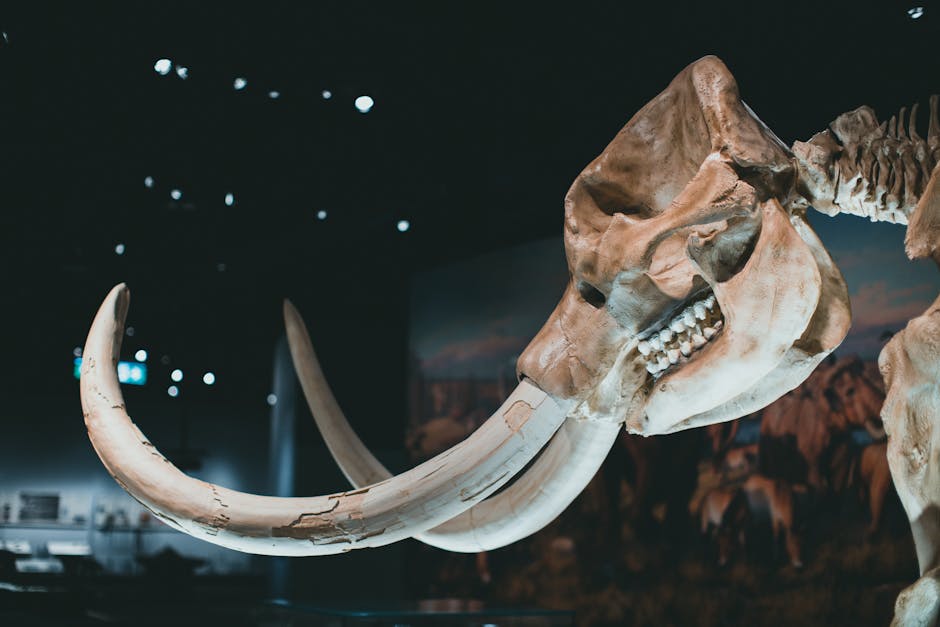History and archaeology, while distinct disciplines, share a fundamental goal: illuminating the human past. Their approaches differ history primarily relies on written sources, while archaeology unearths material remains yet their combined efforts provide a richer, more nuanced understanding of humanity’s journey. Studying both offers a multitude of benefits, extending beyond mere academic curiosity.
A primary reason for engaging with history stems from its capacity to foster critical thinking. Analyzing historical accounts necessitates evaluating sources for bias, considering different perspectives, and constructing coherent narratives from fragmented evidence. This process hones analytical skills transferable to various aspects of life, from professional decision-making to informed civic engagement. The development of source criticism, the ability to assess the credibility and context of historical accounts, is a crucial skill cultivated through historical study. This applies equally to primary sources, such as letters and diaries, and secondary sources, scholarly interpretations of the past. This rigorous approach prevents the uncritical acceptance of information and promotes a more discerning understanding of the world.
Moreover, history provides invaluable context for understanding the present. Current events are rarely isolated incidents; they are often deeply rooted in historical trends, patterns, and legacies. Studying these historical precedents allows us to comprehend the complexities of contemporary issues, identify potential pitfalls, and formulate more informed solutions. Consider, for instance, the ongoing challenges of international relations; analyzing past conflicts and diplomatic efforts illuminates the underlying factors contributing to current tensions. Similarly, understanding the historical evolution of social structures and economic systems provides a framework for analyzing modern inequalities and devising strategies for social justice. The study of history is not merely a chronological recitation of events; it’s an exploration of causality and consequence.
Archaeology, meanwhile, offers a unique perspective, supplementing and sometimes challenging the historical record. Where written sources are lacking or biased, archaeological evidence can offer alternative narratives. The discovery of ancient settlements, tools, and artifacts provides tangible evidence of past lives and societies, often revealing aspects of human experience unseen in historical texts. For example, studying the layout of a Neolithic village can reveal insights into social structures and economic activities that written sources may not detail. The analysis of skeletal remains offers insights into health, diet, and lifespans, painting a vivid picture of the lives of ordinary people in the past. This material evidence acts as a powerful counterpoint to elite-centric historical narratives, providing a more inclusive and representative understanding of the past.
Beyond individual lives, both history and archaeology provide crucial insights into societal development and transformation. Analyzing historical and archaeological data allows researchers to trace the evolution of civilizations, the rise and fall of empires, and the spread of ideas and technologies across continents. This understanding of long-term historical processes helps us comprehend the complexities of societal change, identify common patterns, and gain a more nuanced perspective on our own place within the broader sweep of human history. The study of past civilizations, their successes and failures, provides valuable lessons applicable to contemporary societies facing similar challenges.
Furthermore, both disciplines contribute significantly to our understanding of cultural diversity and identity. History explores the rich tapestry of human cultures, examining the diverse ways in which societies have organized themselves, expressed themselves creatively, and interacted with each other. Archaeology, in turn, provides material evidence of this diversity, uncovering the unique artifacts, rituals, and beliefs of past cultures. Understanding these diverse historical and cultural experiences fosters empathy, tolerance, and a deeper appreciation for the richness of human experience. This understanding challenges ethnocentric biases and promotes cross-cultural understanding, crucial in an increasingly globalized world.
In conclusion, the study of history and archaeology is far more than a pursuit of esoteric knowledge. It provides invaluable skills for critical thinking, problem-solving, and informed decision-making. It offers essential context for understanding the present, illuminating the complex interplay of past and present forces shaping our world. By providing multiple perspectives on the human experience, it fosters empathy, tolerance, and a deeper appreciation for the multifaceted tapestry of human history and culture. The combined insights of these disciplines enable a more complete and nuanced understanding of humanity’s past, present, and future, making their study vital not just for academics, but for all who seek to understand the world and our place within it. The pursuit of knowledge regarding the past actively enriches our present and informs our future.
